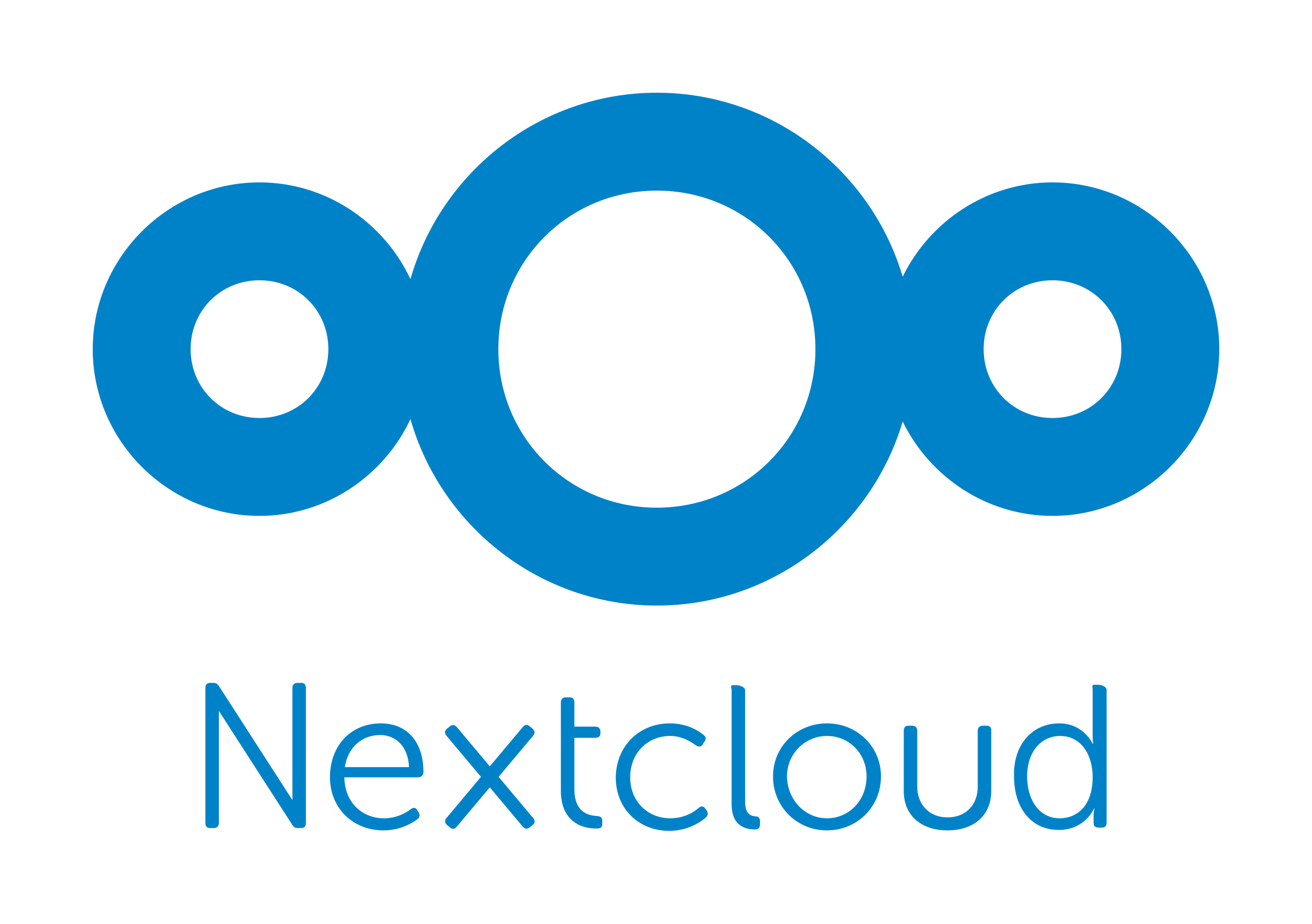
I’ve had it with Microsoft and Google
Why such hostility towards these titans of technology?
There are many reasons to dislike the tech giants; monopolistic rent-seeking, planned obsolescence, greenwashing, profiting from my data, etc, etc.
The final straw for me is their treatment of UK CICs.
ReCognition Circular is a Community Interest Company (CIC), limited by guarantee. This type of legal entity is defined by the UK Government Department of Business, Energy and Industrial Strategy as:
“a ‘not for profit’ company, this means that it does not operate for private profit. Any profit generated is used to grow and develop its business which is benefiting an identified community, or goes directly to benefit that community.”
As a nonprofit, officially recognised by the UK government, I might be forgiven for thinking that ReCognition Circular could benefit from the significant discounts and freebees that Microsoft and Google offer to ‘nonprofits’. These include free licenses for many products and services.
They don’t.
As far as Microsoft and Google are concerned the 30,000 or so CICs working tirelessly for communities across the UK are just the same as any for-profit business and should pay full price for their products.
This is discriminatory. It puts CICs at a cost disadvantage relative both to charities and to larger for profit organisations. Most CICs are small, grassroots organisations focused on specific local community needs that are run by a few dedicated individuals, often with the help of volunteers. As such, they don’t benefit from the volume discounts that larger competitors enjoy.
If I was running a large global enterprise, I could fully understand the justification in partnering with one of the big global players. I might even have some (although very little) negotiating power. Given Microsoft’s near monopoly in the enterprise world, I would though have to do this accepting the risk that my business operations are heavily dependent on a single vendor. Nevertheless, I do understand why most big businesses use Windows and M365.
Fortunately for me, I am not running a large global enterprise. This means that I don’t need Microsoft or Google.
My sense of grievance has driven me to find alternatives to the office duopoly. I have started moving all our business, communications and productivity applications to self-hosted FOSS (free open-source software).
Happily, I can now wave my proverbial two fingers at our friends in Seattle and Mountain View – not that they care. This is my “Liberation Day”
What we’re doing about it
Stalwart https://stalw.art/mail-server/
Stalwart Mail Server is a robust, secure, and scalable messagin solution that expertly handles modern email protocols, including full JMAP implementation for streamlined syncing.
It supports both cutting-edge and legacy protocols like IMAP4 and POP3, and offers comprehensive Sieve scripting for customised email handling.
The platform boasts advanced features such as built-in full-text search, automatic account configuration, and robust security measures.
Price – £0.00

Collaboration & Productivity
Nextcloud https://nextcloud.com/#nextcloud_office_tab
Nextcloud is a free, self-hosted version of a productivity suite akin to Microsoft’s M365, or the Google Workspace subscription service. Being free does not make it inferior, and in my experience so far it’s better – expecially in comparison to the more basic subscription tiers of the paid for product.
Price – £0.00
Here’s a breakdown of what’s included.
- Nextcloud Files – replaces SharePoint or Google Drive
- Nextcloud Talk – replaces Teams or Google Meet
- Nextcloud Groupware – replaces Outlook or Gmail
- Nextcloud Office – replaces Office or Workspace
- Nextcloud Assistant – replaces Copilot or Gemini
End User Devices
Linux Desktop (various options)
A Linux desktop distribution replaces Microsoft Windows, or Mac OS. There are literally hundreds of options available.
There is a myth, that Linux desktop is for more advanced users. Whilst it is true that if you like to tinker you have far more control to do so with Linux. However, that doesn’t mean you have to. Today’s desktop environments are modern, intuitive and easy to use. The user experience is very similar to Windows or OSx.
Linux is generally considered to be more secure and less vulnerable to attack than Windows. Windows 10 will be going out of support this year, exposing computers running it to greater cyber risk.
Most Linux distros are significantly lighter than Windows and will therefore perform better with less resource.
You can convert almost any computer regardless of age to run the most recent versions of Linux. This is why at ReCognition Circular, all of our end user computers are >10 years old. Also, with all our applications running on the server, we don’t need to demand too much from our endpoints.
Price – £0.00

There are a few pieces of crucial technology that make it possible for us to host these applications cheaply and securely.
Docker
Docker is the key bit of technology that allows us to easily host multiple applications in our own environment. It enables applications to be deployed in ‘containers’. Docker Hub is a vast library of pre-built images used by many providers of free opens-source software (FOSS).
Caddy
Caddy is an open-source reverse proxy. This performs a bit of magic enabling us to host multiple web applications using the same public IP address
Light LDAP
LLDAP deals with our identity and authentication – it’s a simplified and cut-down version of Microsoft’s Active Directory.
The Downsides
To give a balanced view I need to point out that while all this magnificent software is free, my time is not. I am not a trained engineer and this has meant a steep learning curve for me.
Continually improving the services and making sure they are secure and compliant with our ISO 27001 accreditation will take some ongoing work. Like many people who run small organisations, this is not my main job and there are plenty of other things that need my attention.
And the Upsides
I have really loved doing this and it has been a fantastic learning experience. Being able to stick it to the big tech companies gives me a great sense of satisfaction. It saves our organisation a significant amount of money and opens up a world of possibilities for digitising and improving our operations.
How much money is your organisation spending on tech?
Are you really getting value from it?
Could you do (a lot) more with less?




